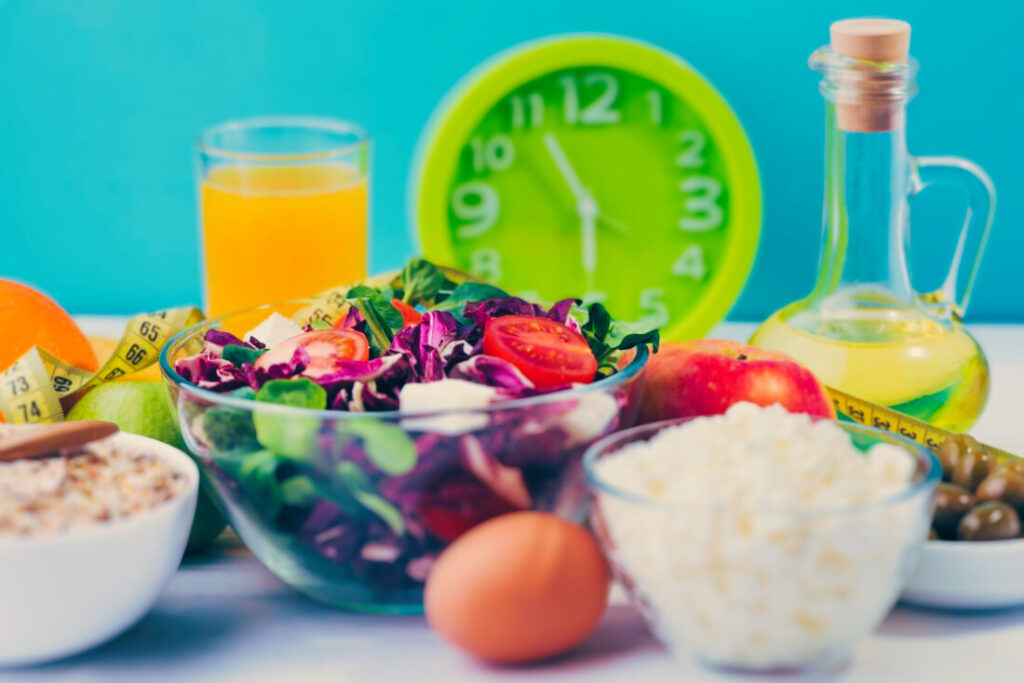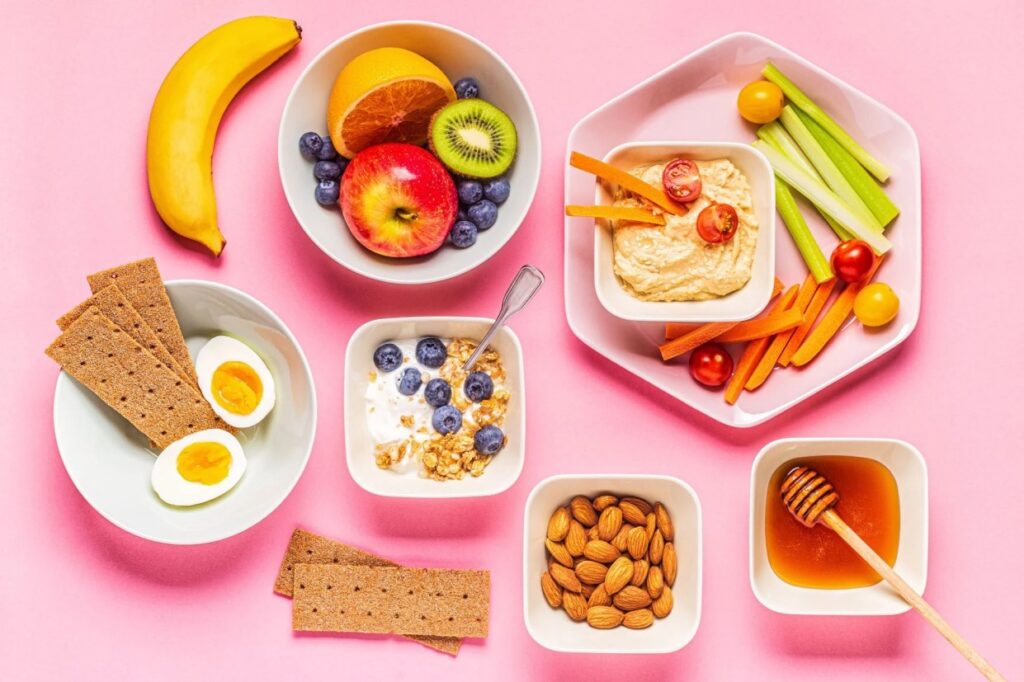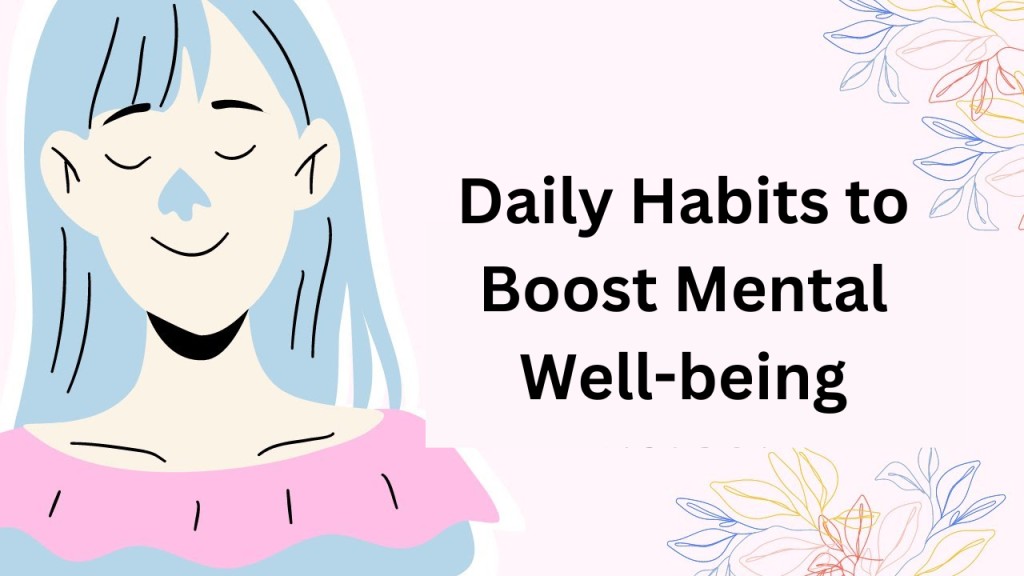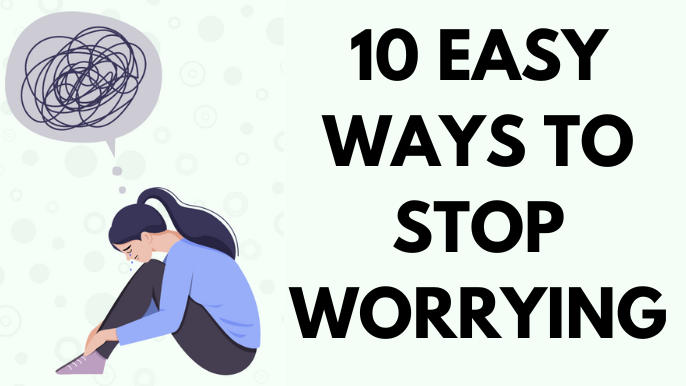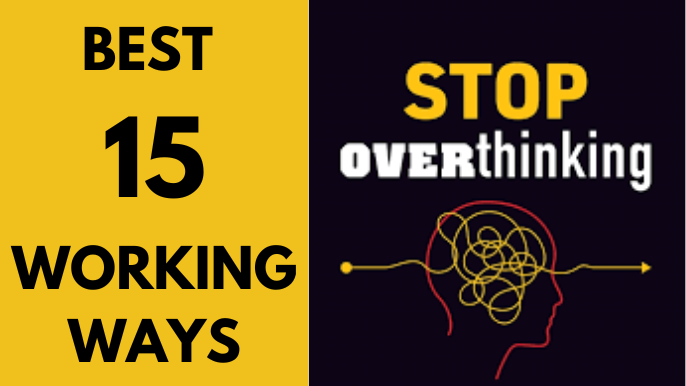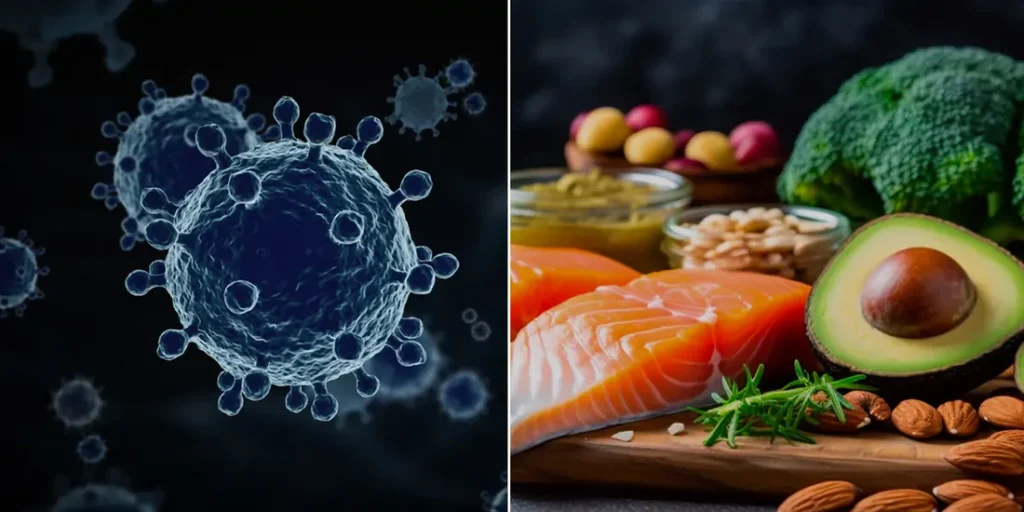In today’s fast-paced world, maintaining mental well-being is as important as physical health. While therapy, exercise, and mindfulness are well-known strategies, your diet plays a vital role in supporting your mental health.
Certain foods are known to improve mood by influencing brain chemicals like serotonin and dopamine, reducing stress, and promoting relaxation. Let’s explore 12 powerful foods that boost mood naturally and how you can include them in your daily routine.

The Science Behind Mood-Boosting Foods
Mood-enhancing foods are rich in nutrients like omega-3 fatty acids, antioxidants, vitamins, and minerals. These nutrients directly impact brain health by supporting the production of neurotransmitters and reducing inflammation. For instance:
• Omega-3 fatty acids: Found in fatty fish, they help improve brain function and reduce symptoms of depression.
• Tryptophan: An amino acid present in foods like nuts and bananas, helps produce serotonin, the “feel-good” hormone.
• Antioxidants: Found in berries, they combat oxidative stress, which can affect mental health.
Also Check: 15 Healthy Snacks to Boost Your Metabolism
12 Foods That Boost Mood and Improve Mental Health
Maintaining a positive mood isn’t just about mindset; what you eat plays a critical role in influencing your emotional health. Certain foods contain nutrients that support brain function, regulate hormones, and improve overall well-being. Here’s a deeper dive into 12 foods that boost mood and how they work.
1. Dark Chocolate
Dark chocolate isn’t just a decadent treat; it’s a scientifically proven mood booster. It contains flavonoids, natural compounds with antioxidant properties that reduce inflammation in the brain. Dark chocolate also stimulates the production of endorphins, the “feel-good” hormones, and contains small amounts of caffeine, which can enhance alertness.
Additionally, eating dark chocolate releases serotonin, a neurotransmitter that promotes relaxation and happiness. The higher the cocoa content, the more beneficial it is for mood enhancement.
How to Enjoy:
• Snack on a square or two of dark chocolate (70% cocoa or higher) daily.
• Add dark chocolate shavings to your oatmeal, smoothies, or yogurt for a guilt-free indulgence.
2. Fatty Fish
Fatty fish like salmon, mackerel, and sardines are packed with omega-3 fatty acids, which are crucial for brain health. Omega-3s, particularly EPA and DHA, are essential for maintaining cell membrane health in the brain. Studies suggest that people who consume higher amounts of omega-3s are less likely to experience symptoms of depression.
Fatty fish is also rich in vitamin D, which helps regulate mood by supporting serotonin production.
How to Enjoy:
• Grill or bake salmon with olive oil, lemon, and herbs for a nutritious meal.
• Add mackerel or sardines to your salads or pair them with whole-grain crackers for a quick snack.
3. Bananas
Bananas are a natural energy booster, thanks to their high levels of natural sugars and fiber, which stabilize blood sugar levels. They’re also an excellent source of vitamin B6, a nutrient that aids in the production of serotonin and dopamine.
The potassium in bananas supports healthy nerve function, while their magnesium content promotes relaxation and reduces stress.
How to Enjoy:
• Slice bananas over your morning cereal or blend them into smoothies.
• Pair bananas with a dollop of peanut or almond butter for a satisfying snack.
4. Nuts and Seeds
Nuts and seeds, including almonds, walnuts, chia seeds, and flaxseeds, are nutritional powerhouses. They are rich in magnesium, which helps reduce stress and anxiety, and tryptophan, an amino acid essential for serotonin production.
Walnuts, in particular, are a great source of omega-3 fatty acids, which improve brain health. Meanwhile, flaxseeds and chia seeds are high in fiber, promoting gut health—a key factor in mental well-being.
How to Enjoy:
• Add chia seeds to your yogurt, smoothies, or overnight oats.
• Snack on a handful of mixed nuts or use them as a topping for salads.
5. Leafy Greens
Leafy greens like spinach, kale, and Swiss chard are nutrient-dense and provide a wealth of benefits for mental health. They’re rich in folate, a B vitamin essential for producing dopamine, a neurotransmitter associated with pleasure and motivation.
Iron in leafy greens supports oxygen transport to the brain, improving cognitive function and energy levels. Additionally, magnesium in these greens helps relax muscles and calm the mind.
Also Check: What Happens to Your Body When You Don’t Drink Enough Water?
How to Enjoy:
• Sauté spinach or kale with garlic and olive oil as a side dish.
• Add a handful of leafy greens to your smoothies for a nutrient boost.
6. Yogurt and Fermented Foods
Yogurt, kimchi, sauerkraut, and other fermented foods are rich in probiotics, the “good” bacteria that support gut health. A healthy gut microbiome is directly linked to improved mood and reduced symptoms of anxiety and depression.
Probiotics in these foods help reduce inflammation and enhance the production of neurotransmitters like serotonin, which are produced in the gut.
How to Enjoy:
• Have a bowl of yogurt with fresh fruits and honey for breakfast.
• Include kimchi or sauerkraut as a side dish with your meals.
7. Berries
Berries such as blueberries, strawberries, and raspberries are packed with antioxidants, which protect brain cells from oxidative stress. They also reduce inflammation, a key factor in mood disorders.
Blueberries, in particular, contain anthocyanins, compounds that improve brain function and reduce depressive symptoms. Berries are also rich in vitamin C, which helps combat stress by reducing cortisol levels.
How to Enjoy:
• Add a mix of fresh berries to your morning cereal or yogurt.
• Blend berries into smoothies or enjoy them as a refreshing snack.
8. Whole Grains
Whole grains like quinoa, oats, and brown rice are excellent sources of complex carbohydrates, which help stabilize blood sugar levels. This prevents mood swings and provides consistent energy throughout the day.
Whole grains also contain tryptophan, which aids in serotonin production, and B vitamins, which support brain function.
How to Enjoy:
• Prepare a quinoa salad with mixed vegetables and a light vinaigrette.
• Start your day with a bowl of oatmeal topped with nuts, seeds, and fresh fruits.
9. Avocados
Avocados are a superfood for mental health. They’re rich in healthy monounsaturated fats, which are essential for brain function. Avocados also contain B vitamins, particularly folate, which is known to reduce symptoms of depression.
Additionally, avocados are high in potassium, which helps regulate blood pressure and reduce stress.
How to Enjoy:
• Spread mashed avocado on whole-grain toast and top with a sprinkle of chia seeds.
• Add diced avocado to salads, tacos, or smoothies.
10. Eggs
Eggs are a complete protein source, meaning they contain all nine essential amino acids. They’re also rich in choline, a nutrient crucial for brain development and mood regulation.
Eggs are high in B vitamins, which help reduce symptoms of depression and anxiety. Their versatility makes them a perfect addition to any meal.
How to Enjoy:
• Make a vegetable-packed omelet for breakfast.
• Boil eggs in advance for a quick, protein-rich snack.
Also Check: Green Tea Nighttime Benefits – Is It OK to Drink Green Tea Before Sleep?
11. Green Tea
Green tea is renowned for its calming properties, thanks to its content of L-theanine, an amino acid that promotes relaxation without causing drowsiness. It also contains a moderate amount of caffeine, which can enhance focus and alertness without the jitters associated with coffee.
Green tea’s antioxidants, particularly EGCG (epigallocatechin gallate), support brain health and reduce stress.
How to Enjoy:
• Sip on a warm cup of green tea during your afternoon break.
• Add a slice of lemon or a teaspoon of honey for added flavor.
12. Oranges and Citrus Fruits
Citrus fruits like oranges, lemons, and grapefruits are high in vitamin C, which helps lower cortisol levels and combat stress. Vitamin C also supports the immune system, which can be compromised during periods of stress or anxiety.
Their natural sugars and refreshing taste provide a quick energy boost, making them a perfect pick-me-up.
How to Enjoy:
• Drink freshly squeezed orange juice for breakfast.
• Add slices of citrus fruits to your water for a flavorful and hydrating option.
How to Incorporate Mood-Boosting Foods Into Your Diet
1. Start Small: Begin by adding one or two mood-boosting foods to your daily meals.
2. Experiment: Try new recipes and combinations to keep your meals exciting.
3. Plan Ahead: Keep your pantry stocked with nuts, seeds, and other essentials for quick snacks.
4. Stay Consistent: Regularly include these foods in your diet to experience long-term benefits.
FAQs About Foods That Boost Mood
Q1: Can these foods replace medication for mood disorders?
These foods can support mental health but should not replace prescribed medications or therapy. Always consult a healthcare professional for severe mood disorders.
Q2: How quickly can you feel the effects of these foods?
While some foods like dark chocolate may provide an immediate boost, consistent consumption is necessary for long-term benefits.
Q3: Are there any side effects of consuming these foods in excess?
Yes, overconsumption can lead to weight gain, digestive issues, or nutrient imbalances. Moderation is key.
Conclusion
Your diet has a profound impact on your mood and mental health. By incorporating these 12 foods that boost mood into your meals, you can naturally support your emotional well-being. Start small, experiment with recipes, and enjoy the journey toward a happier, healthier you.
Remember, a balanced diet combined with a healthy lifestyle can make all the difference. Share this article with friends and family, and let us know in the comments which mood-boosting food is your favorite!


